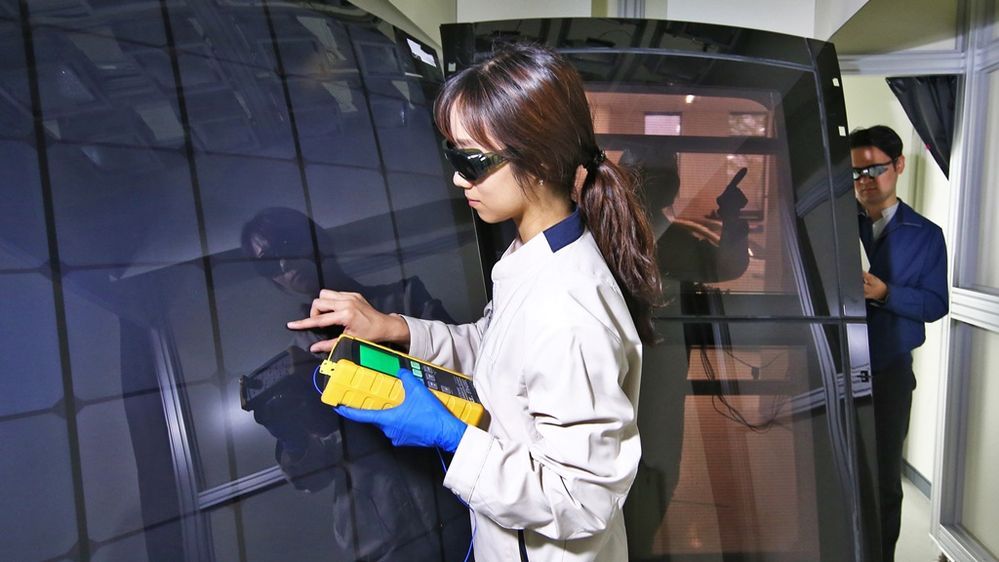Kia and Hyundai To Introduce Solar Roofs To Support Powertrain Charging
Auto NewsKia Motors and Hyundai Motor have today announced plans to introduce ‘solar roof’ charging technology on selected Hyundai Motor Group vehicles.
Electricity-generating solar panels will be incorporated into the roof or the hood of vehicles to support the charging of internal combustion, hybrid, and battery electric vehicles with additional electrical power.

The solar charging technology is being developed to support the vehicle’s main power source to increase mileage and reduce CO2 emissions. Hyundai Motor Group is developing three types of solar roof charging systems: the first-generation system is for hybrid vehicles, while the second-generation technology brings a semi-transparent solar roof system to conventional internal combustion vehicles. The third generation of the technology will see the introduction of a lightweight solar roof for battery electric vehicles.
The first-generation system, which will be applied to hybrid models, is created out of a structure of silicon solar panels that are integrated into the standard car roof. This system is capable of charging 30 to 60 percent of battery capacity over the course of a normal day, depending on weather conditions.
The second generation semi-transparent solar roof can be integrated with a panoramic sunroof, letting light through into the cabin, whilst charging the vehicle’s battery at the same time. This first of its kind application for conventional powertrain vehicles hope to further improve efficiency to comply with stringent global environmental laws.
The third-generation system is currently in testing. It is designed to be applied to the hood and roof of eco-friendly battery electric vehicle models in order to maximize energy output.
The solar charging system is composed of a solar panel, a controller and the battery. The controller features Maximum Power Point Tracking (MPPT), which controls the voltage and current to increase the efficiency of electricity harvested by the solar panel. This power is converted and stored in the battery, or utilized to decrease the load on the vehicle’s alternating current (AC) generator, thereby increasing vehicle range.
Hyundai Motor Group claim that their 100W solar panel will be able to produce up to 100 Wh of energy under ideal conditions (summer noon, 1000 W/m2 intensity of radiation). Hyundai Motor Group plan to integrate the first generation solar roof panel technology into its vehicles starting in 2020.